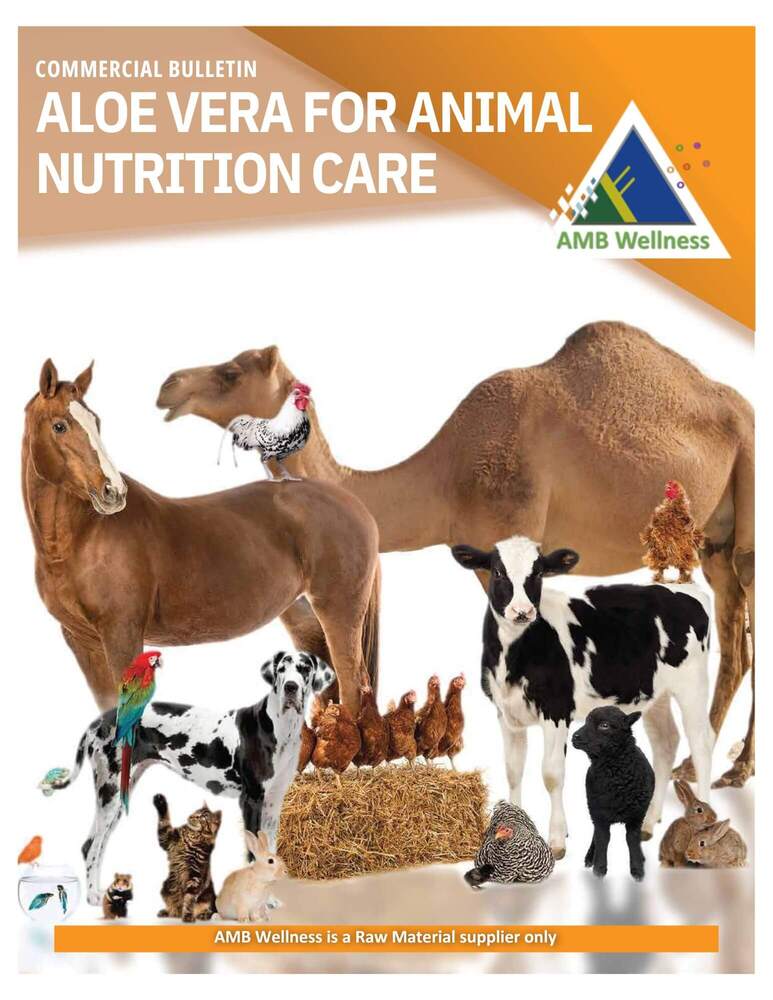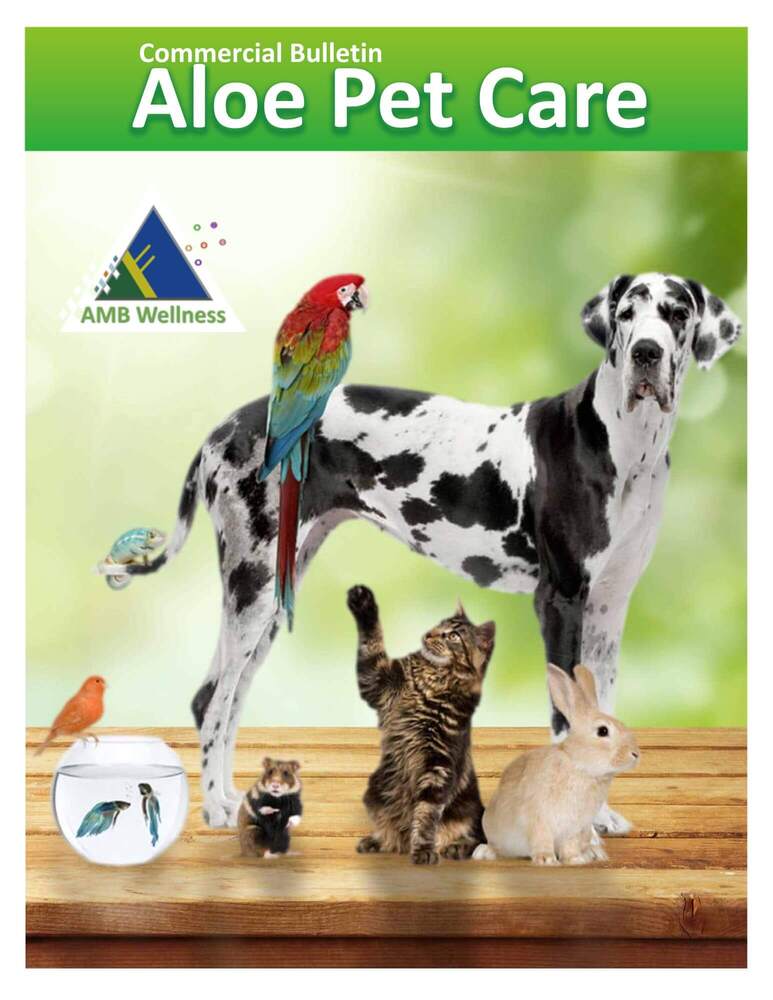Author Kay J. Rutherfurd-Markwick,1 PhD, and David Thomas,2 PhD
Immune function is known to decline with age, and chronic stress can impair immune function and exacerbate the effects of aging, Dietary supplementation, with immunomodulatory ingredients, has potential in preventing or slowing such changes, modulation of the immune system should be balanced so that the immune system is primed to be optimally and appropriately active, chronic inflammation, allergy and autoimmune disorders, nutritional immunomodulation, Dietary components are able to impact the health of an animal in two ways; first, in a purely nutritive sense, supplying the necessary energy and amino acids to the animal, and second, by acting as bioactive molecules and influencing a number of functions within the animal, including immune health, dietary supplementation with nutrients (including macronutrients, vitamins, minerals, and trace elements) on aspects of the immune system including inflammation, leukocyte function, antibody production, as well as resistance to disease, malnutrition results in an impairment of the immune system, a reduction of antibody responses and defective T-helper cell subpopulations that can be reversed by feeding a high protein diet, research in several species, including dogs, indicates that overfeeding also has a detrimental effect on the immune system, resulting in a decreased resistance to the canine distemper virus and salmonella infection, maintain or improve immune health in companion animals, Excesses of individual amino acids also can be detrimental to the function of the immune system, It is well known that excessive intake of leucine has a detrimental effect on both cellular and humoral immunity in a number of species leading to decreased numbers of T lymphocytes and decreased antibody-forming cells or antibody titres, Increased stress is associated with lower telomerase activity and shorter telomere length, which are both markers of aging, age-related deterioration of the immune system is known as immunosenescence, also appears to be age-associated defects in non-T cells, such as antigen-presenting cells and dendritic cells, which fail to activate T cells effectively and contribute to a loss of immune function by affecting regulatory control, primarily via indirect changes in cytokine expression, dietary ingredients have the potential to modulate the immune system of healthy cats and dogs, across species and different breeds










